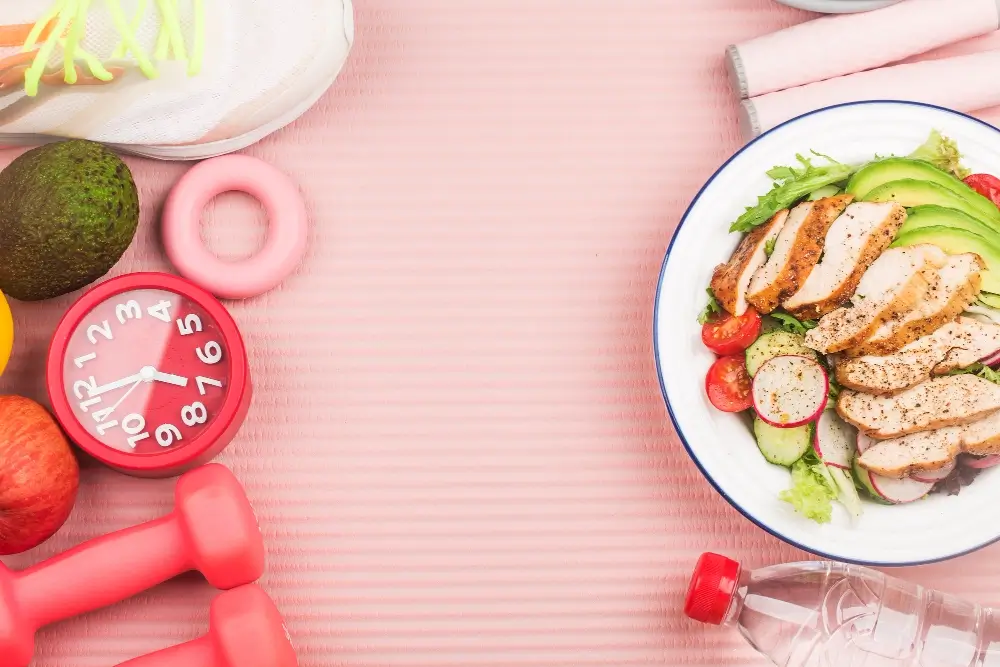
Your biological age is more than just a number; it’s a reflection of your body’s true vitality. Unlike your chronological age, which counts the years you’ve been alive, your biological age tells the story of how well your cells, tissues, and organs function. The best part? You have the power to influence it with just a few simple habits.
Research suggests that:
By adopting simple yet impactful lifestyle changes, you can positively influence your biological age:

As Prof. Yuval Hadad explains, science has shown that we can extend our lives by 8 to 10 years. Within each of us lies a powerful “pharmacy” capable of improving both longevity and quality—if only we learn how to operate it.
Simple, everyday habits can unlock this potential:
The question is: can we afford not to do these simple things for ourselves?
By embracing habits that enhance your biological age, you’re not just adding years to your life—you’re adding life to your years. It’s never too late start making changes that lead to a healthier, more vibrant you.
So, how young is your biological age today?
Take the first step toward a healthier, more vibrant life. After all, the secret to aging well is already in your hands.
Supporting source:
https://www.nbcnews.com/health/heart-health/slow-your-biological-age-report-explains-how-rcna123594
https://www.everlab.com.au/post/biological-age-test-the-complete-guide